Indonesia Placed on Global Watchlist as Prabowo Government Cracks Down on Dissent
Johannesburg, RAKYAT NEWS – CIVICUS Monitor has placed Indonesia on its Watchlist due to increasing restrictions on civil liberties under President Prabowo Subianto’s administration.
In just nine months, dozens of activists have been harassed, assaulted, or detained, as authorities resort to violence, legal manipulation, and intimidation to suppress dissent.
CIVICUS now categorizes Indonesia’s civic space as “obstructed,” indicating major constraints on freedom of expression, peaceful assembly, and association. This places Indonesia alongside other countries experiencing significant democratic backsliding, such as Kenya, El Salvador, Serbia, Turkey, and the United States.
“Voicing criticism has become a dangerous act in Indonesia,” said Josef Benedict, Asia researcher at CIVICUS Monitor. “Those who speak out are met with fear, violence, and repression.”
Reports from civil society indicate that in the first half of 2025, over 100 human rights defenders were subjected to arrest, criminalization, intimidation, or physical assault. These include environmental and agrarian activists, labor organizers, students, academics, and anti-corruption campaigners.
Protests have been met with force. In March, police and military violently dispersed demonstrations against amendments to the Military Law (UU TNI), which expands military influence over civilian life. Journalists covering the protest were attacked and forced to delete footage of police violence. On May Day, police detained 14 people, including medics, and beat 13 of them—none of the perpetrators have faced prosecution.
In Papua, April protests by students were met with tear gas, arrests, and beatings. In May, peaceful student rallies at Cenderawasih University against tuition hikes were violently broken up by police. Meanwhile, prominent rights group KontraS has faced surveillance, office break-in attempts, and persistent anonymous calls since March.
Independent journalism has also come under attack. A journalist from critical outlet Tempo received a pig’s head in the mail, was doxxed, and saw their family threatened. In March, parliament passed a new rule requiring foreign journalists to obtain police clearance before reporting in Indonesia—raising red flags over press freedom.
Beyond physical repression, the government has rushed through repressive legal changes, including revisions to the Criminal Procedure Code (KUHAP) and National Police Law that broaden state powers without proper accountability. In June, a data-sharing agreement with major telecom operators intensified fears of mass surveillance. The widely criticized Electronic Information and Transactions Law (UU ITE) continues to be used to silence online dissent.
In Bantaeng, South Sulawesi workers at PT Huadi Nickel Alloy in Bantaeng Industrial Park (KIBA), South Sulawesi, are striking against unilateral layoffs, unpaid overtime, and wages below. Since July 14, 2025, the strike has exposed systemic exploitation, including 12-hour shifts without breaks and mass furloughs of 950 workers—blamed on falling nickel prices but seen as cost-cutting amid rising mining royalties . Police have intervened to disperse protests, while the Chinese-owned smelter, part of Indonesia’s National Strategic Project, refuses negotiations, exacerbating tensions .
The Prabowo administration faces criticism for prioritizing foreign investment over labor rights, as Huadi’s violations—from environmental damage to wage theft—go unchecked . Workers demand back pay, reinstatement, and an independent audit, but local authorities urge bureaucratic dispute mechanisms instead of immediate action . The conflict underscores the irony of Indonesia’s nickel downstreaming agenda: while fueling global electric vehicle supply chains, it impoverishes workers and communities .
CIVICUS calls on the Prabowo administration to halt intimidation of activists, ensure accountability for violence against human rights defenders, and align all legal reforms with international standards through inclusive and transparent processes.
“Indonesia’s inclusion in the CIVICUS Watchlist is a warning echoed by civil society: civil liberties are rapidly eroding,” said Nadine Sherani from KontraS. “The international community must speak out and stand with Indonesian civil society.”(Uki Ruknuddin)



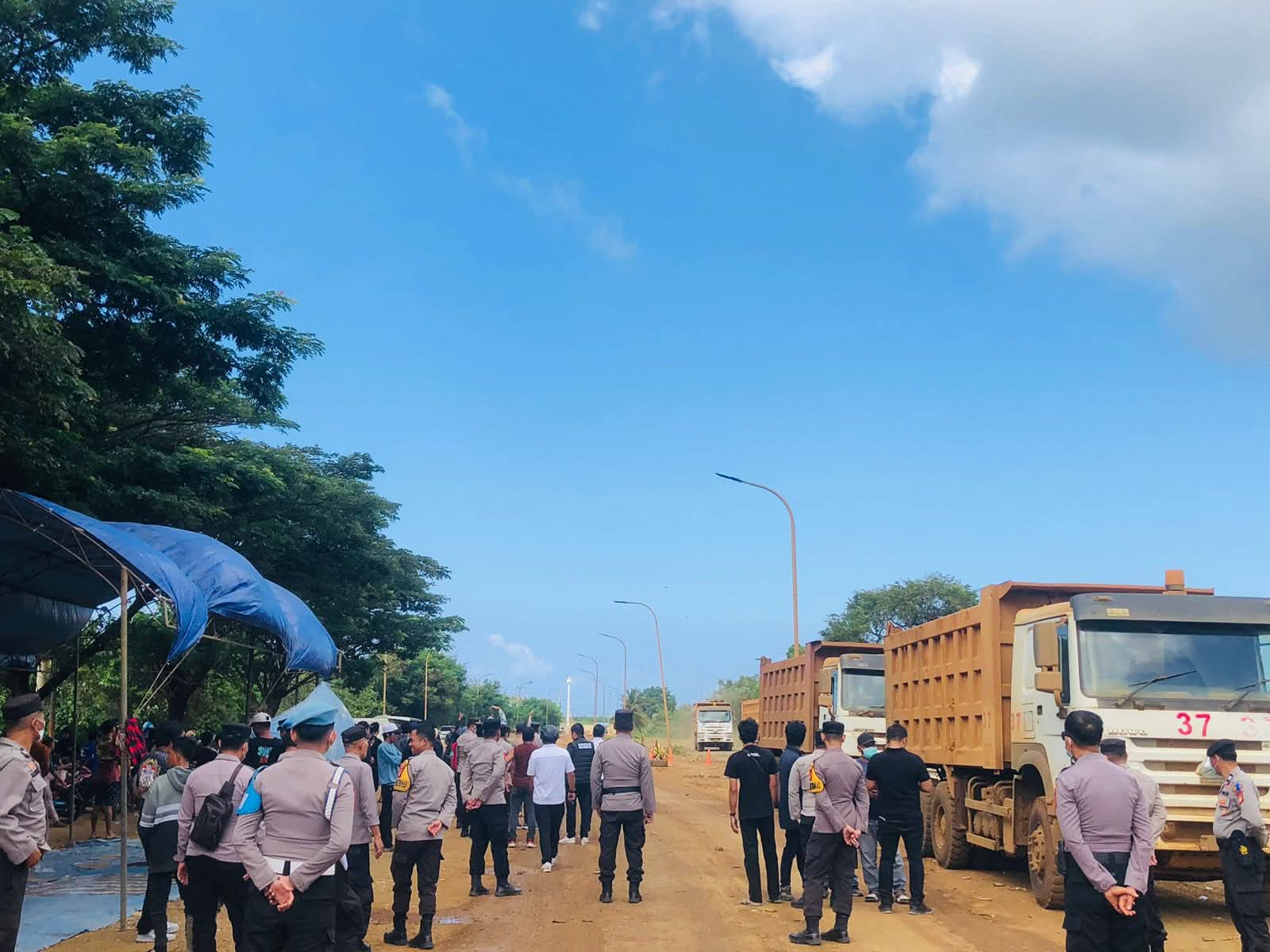





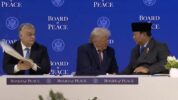
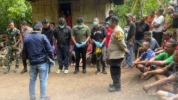
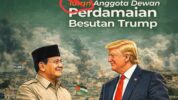
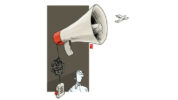
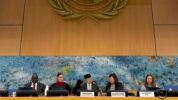
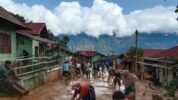










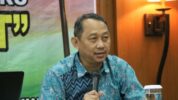
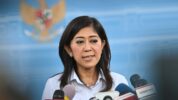
Tinggalkan Balasan